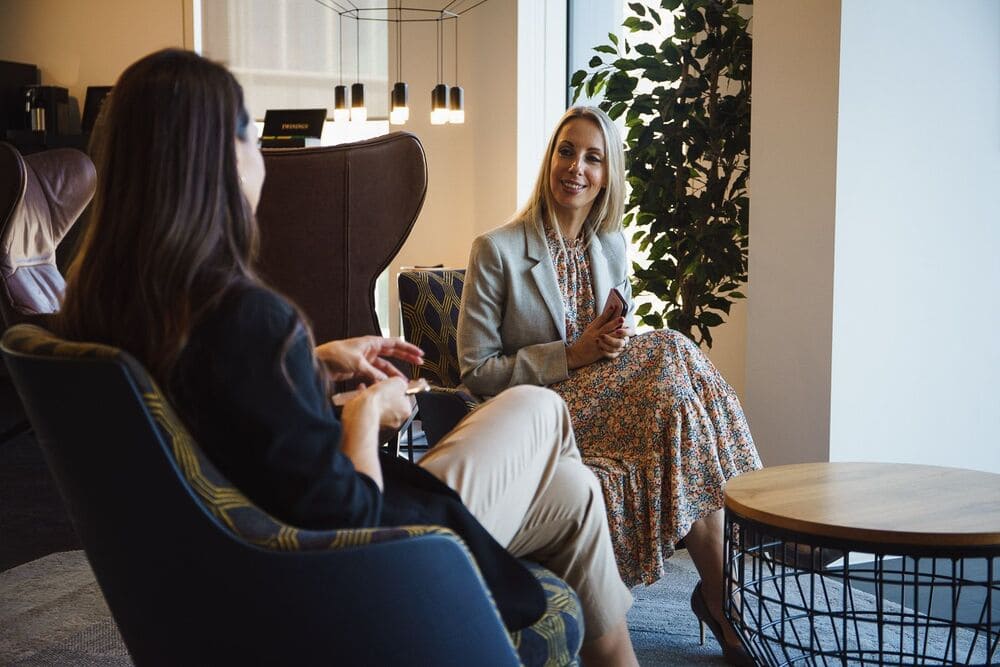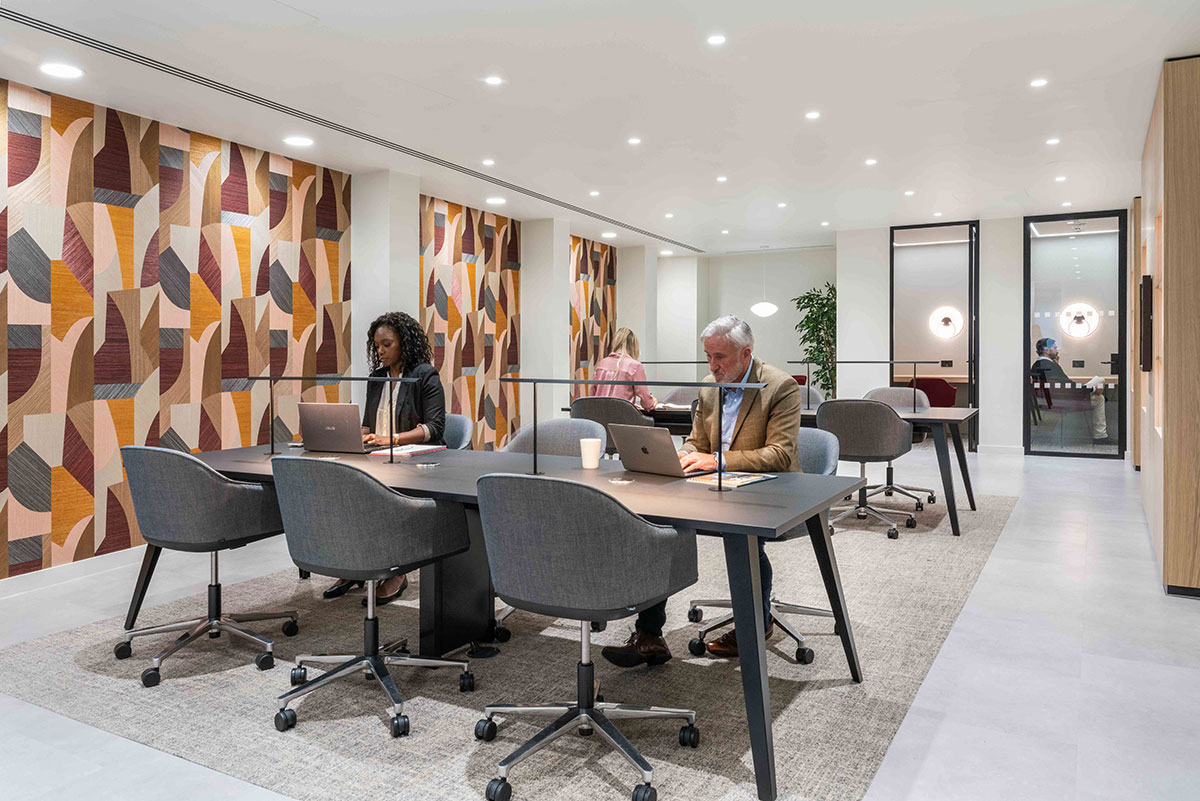
11 Workplace trends shaping the future: strategic insights for CEOs
The modern workplace is in a state of transformation. Advances in technology, shifts in employee expectations, and the increasing importance of sustainability are redefining how we do business. For CEOs,...





